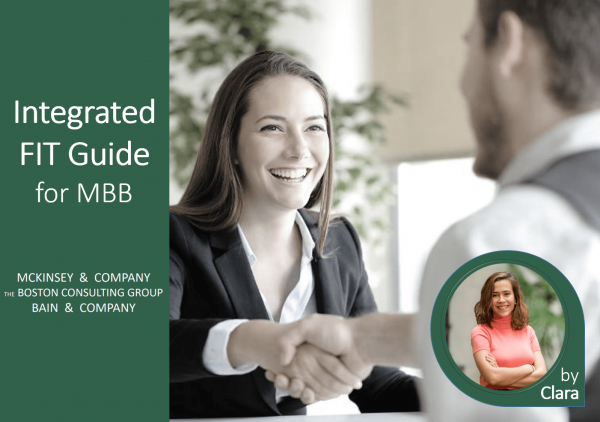How would you answer this question in your Personal Fit interview?
How do you handle multiple deadlines at once?

structure my tasks with a to do list, starting with the tasks that have the greatest impact

When managing multiple deadlines, I prioritize staying organized and maintaining clear communication. First, I break down each task into smaller, manageable steps and create a timeline for each. I use tools like to-do lists or project management apps to keep track of progress and set specific milestones. I always try to tackle the most urgent or complex tasks first, while keeping buffer time for unexpected issues.
I also make sure to communicate early if I foresee any potential delays—whether it's with colleagues, clients, or supervisors. This ensures that expectations are aligned and allows me to adjust priorities if needed. Ultimately, staying organized and being proactive about time management and communication helps me handle multiple deadlines effectively.

Hey!
Great question. It comes up a lot in personal fit interviews, and it’s a chance to show that you can prioritize, stay calm under pressure, and manage dependencies smartly.
Here’s how I’d usually approach it:
“When I have multiple deadlines at once, I first map out all tasks and identify which ones are time-sensitive, which ones depend on input from others, and which ones I can move forward independently. For tasks involving other people, I usually set internal deadlines earlier than the actual one, so I have enough buffer to bring everything together. I also try to make use of waiting time — for example, if I’m waiting on feedback or data for one task, I use that window to progress on another. That way, I keep momentum across projects without losing sight of the bigger picture.”
It’s helpful to give a quick example too, like a university project where you were coordinating with teammates while also working on an essay or a job/internship task with several stakeholders.
Let me know if you want help crafting your own example.
Rita








